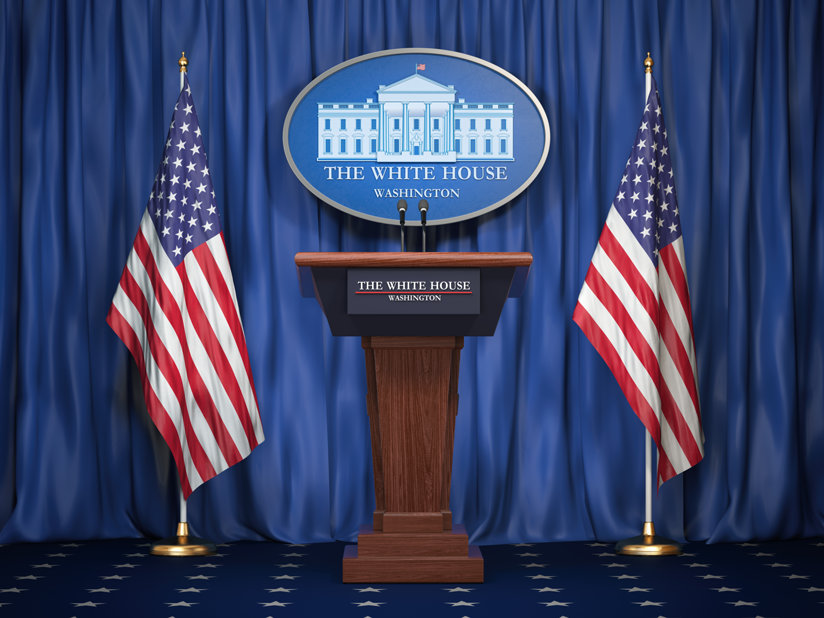
-
HOME
-
WHAT IS STANDOur Mission Our Values Our Help Contact
-
WHAT WE FIGHT FORReligious Freedom Religious Literacy Equality & Human Rights Inclusion & Respect Free Speech Responsible Journalism Corporate Accountability
-
RESOURCESExpert Studies Landmark Decisions White Papers FAQs David Miscavige Religious Freedom Resource Center Freedom of Religion & Human Rights Topic Index Priest-Penitent Privilege Islamophobia
-
HATE MONITORBiased Media Propagandists Hatemongers False Experts Hate Monitor Blog
-
NEWSROOMNews Media Watch Videos Blog
-
TAKE ACTIONCombat Hate & Discrimination Champion Freedom of Religion Demand Accountability
Why Scientology Is Nonpolitical
“I hereby declare Scientology to be nonpolitical and nonideological.
“…Scientology is for a free people and is itself on this date declared free of any political connection or allegiance of any kind whatever.”
— L. Ron Hubbard
That date was June 14, 1965. Years before I was born and many years before I became a Scientologist, on that day Scientology was declared by its founder to be free of any political allegiance.
Personally, I find this comforting.

As this election has approached, my social media newsfeeds, my conversations with friends and family, what I saw on television or read in magazines seemed to all be about politics.
Mostly, it was full of allegiances.
Some individuals and media sources were blatant in their support of a particular party, candidate or ideology. Some were more subtle, and even their followers didn’t seem to pick up on the biases that were there. But there was lots of politicizing going on.
Have you seen it, too?
So we grant others the same right: let them speak for themselves about their beliefs.
In our household, as Scientologists and parents, we strongly believe in teaching our children to think for themselves. So, we have a few basic rules for interacting with peers, friends and family about politics (it also extends to pretty much all topics):
1. We listen respectfully, even if we disagree.
2. We consider other perspectives, even if we initially don’t like them.
3. We like to let people speak for themselves. For example, when Democrats say “Republicans believe ____” or when Republicans say “Democrats believe _____” we investigate those beliefs from the perspective of the person who espouses them, not their opposition. This guideline is helpful in talking about any group of people of any political orientation, race or religion—anything.
4. We challenge ourselves to consider other points of view. If everything we are hearing sounds the same, we’re probably missing diversity. We seek out other perspectives, including those voices who are often marginalized, when considering any topic.
Point number 3 has been particularly useful given that we ourselves are members of a minority religion. We have experience with this sort of thing. What other people say we believe often isn’t true. What right do they even have to tell us or anyone else what we believe?
So we grant others the same right: let them speak for themselves about their beliefs.
And let each person decide for themselves whether or not they agree with what they hear.
We don’t have these rules up on the wall or anything. They are really just our guidelines as a family.
But I wouldn’t mind at all if our nation adopted them, too.









